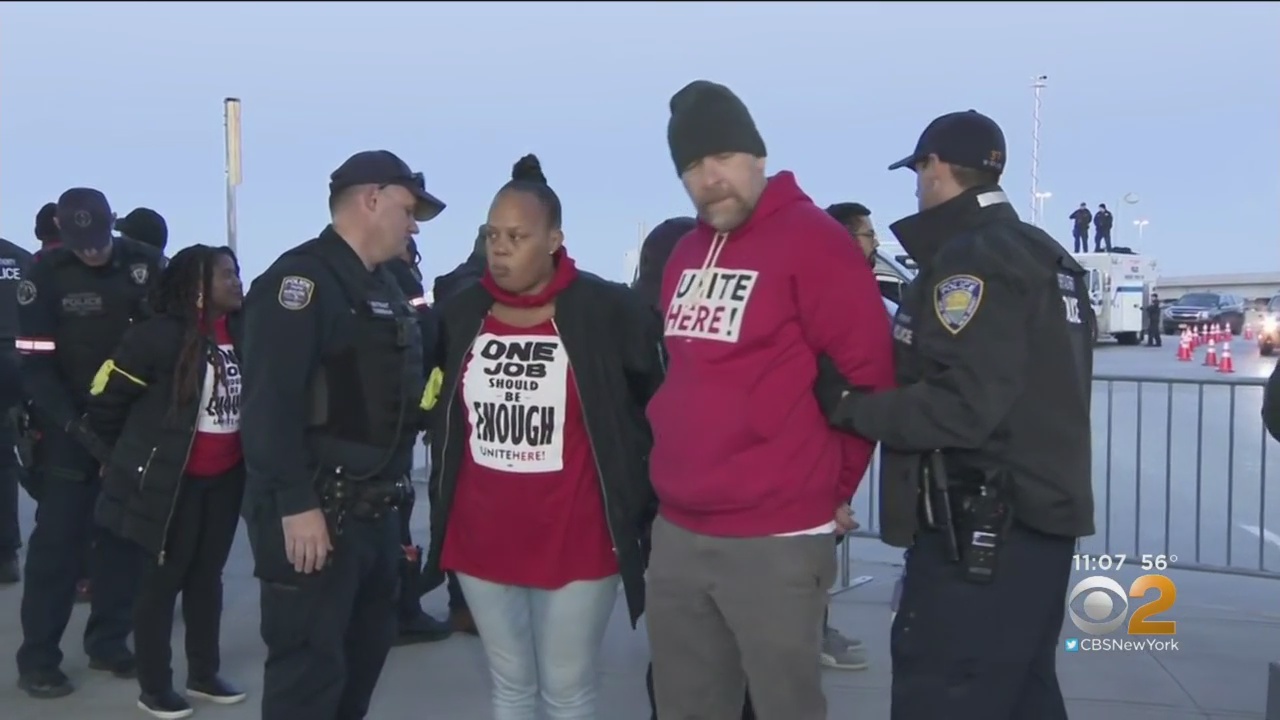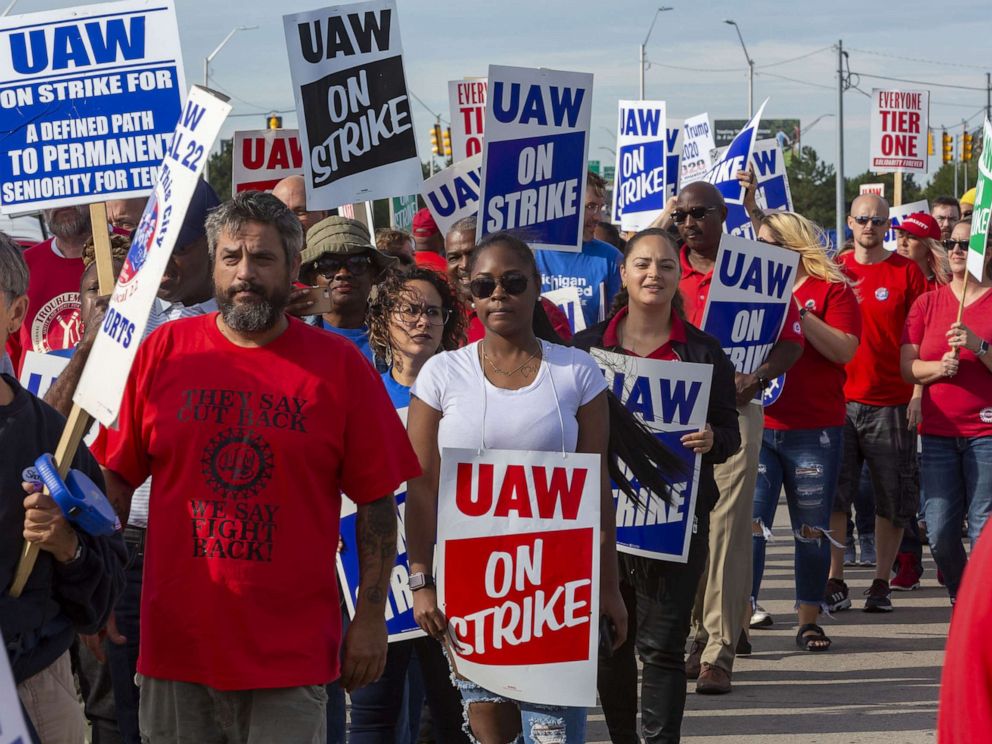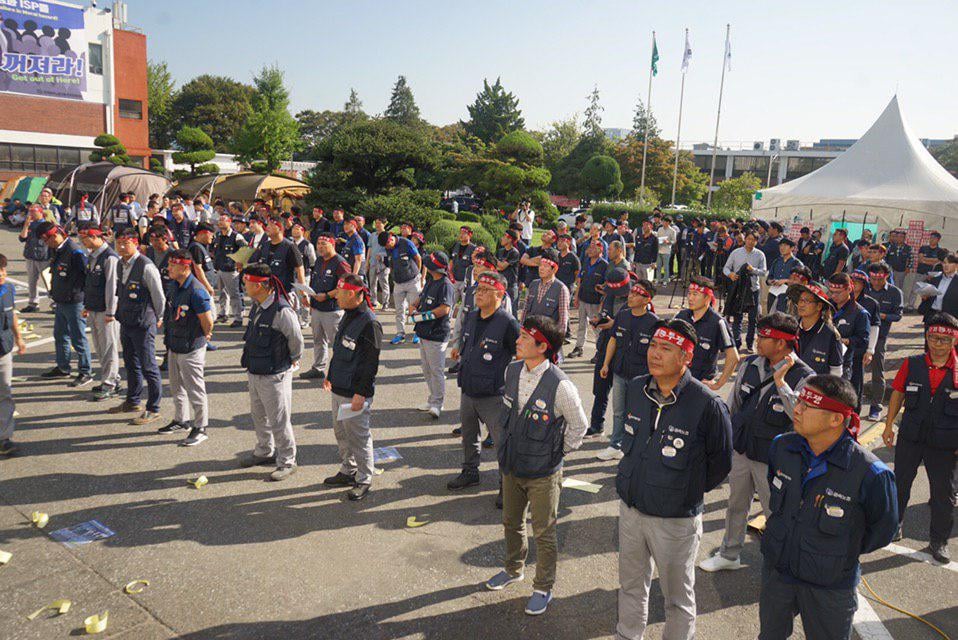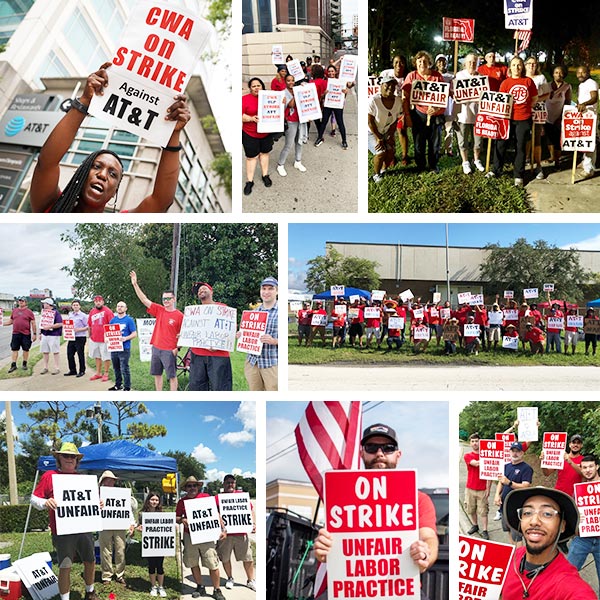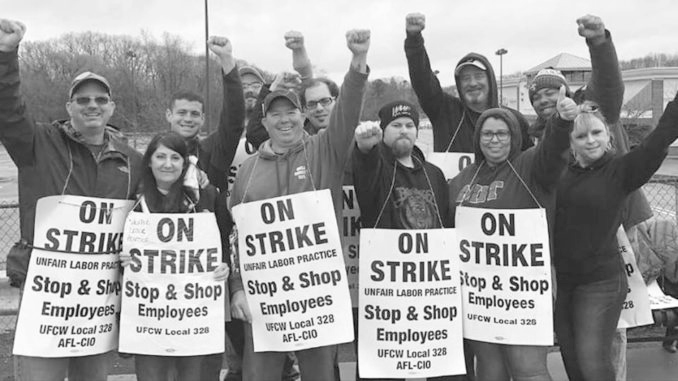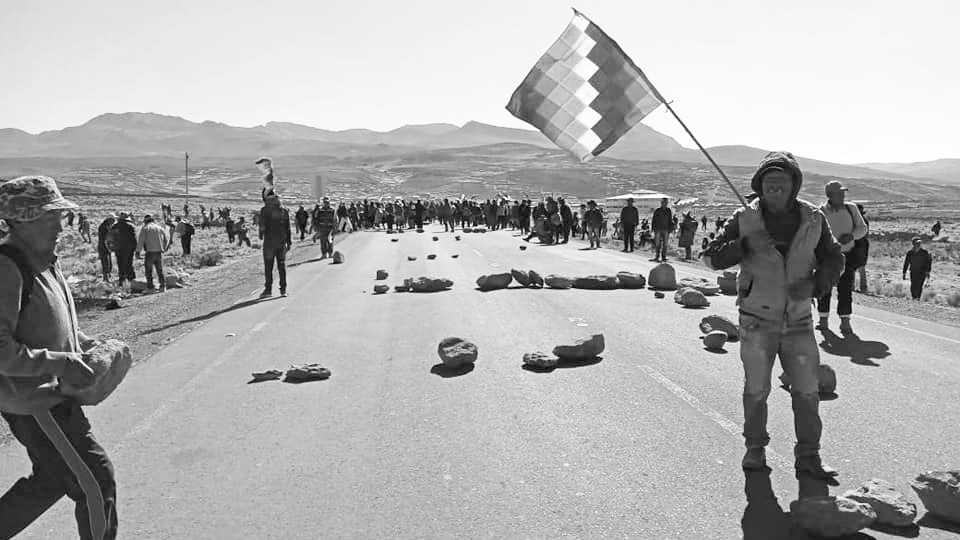
by Adam Pedesclaux
For the past few weeks, tens of thousands have been marching, striking, and blocking traffic along many of the major highways across Bolivia. They are demanding the resignation of the coup government of Jeanine Áñez. Áñez’ fascist government has carried out cuts to social programs and privatizations, which have wrecked the national healthcare system, killing thousands. It has brutally repressed and massacred workers, peasants, and indigenous people who have stood up to defend themselves. Using the pandemic as an excuse, her government has postponed elections to maintain its grip on power.
On November 2019, with U.S. backing, Áñez’s right wing government of the rich removed the democratically elected president Evo Morales and other high ranking officials of the MAS (Movement for Socialism) party of Bolivia. The ultra-rich in Bolivia are deeply racist and want to crush the historic liberation of the Indigenous masses in Bolivia, which Morales’ party stood for. Morales’ party had also worked to guarantee universal healthcare, improve literacy, and return land to the indigenous people that had been stolen by the rich. Áñez government is attempting to reverse every last one of these progressive reforms but the trade unions, indigenous and peasant organizations in the streets are determined to fight back.
Fascist Coup in Bolivia the Work of Billionaires
Bolivia has one of the world’s largest reserves of lithium, a mineral needed for the production for batteries.
The U.S. company Tesla requires vast amounts of lithium to maintain production of its electric cars.
When it was recently reported that Tesla’s billionaire CEO, Elon Musk, might have played a role in supporting the right-wing coup in Bolivia, Musk replied: “ We will coup whoever we want! Deal with it.” These are the words of the same billionaire who called the covid lockdown “fascist,” as thousands of predominantly Black, Latinx, and Indigenous frontline workers were succumbing to the virus and who vocally opposed any government relief for workers. In moments like these, the real motives of the U.S. ruling class are revealed. We know that U.S. billionaires are conscious of their role in oppression and misery around the world, but rarely are they so frank.
The future of the world’ peoples should be in their own hands, not in the hands of billionaire creeps like Elon Musk.

